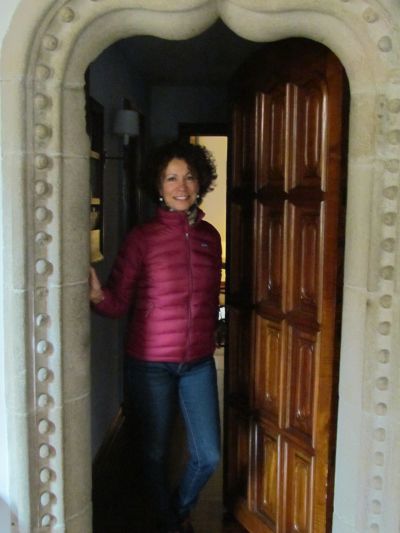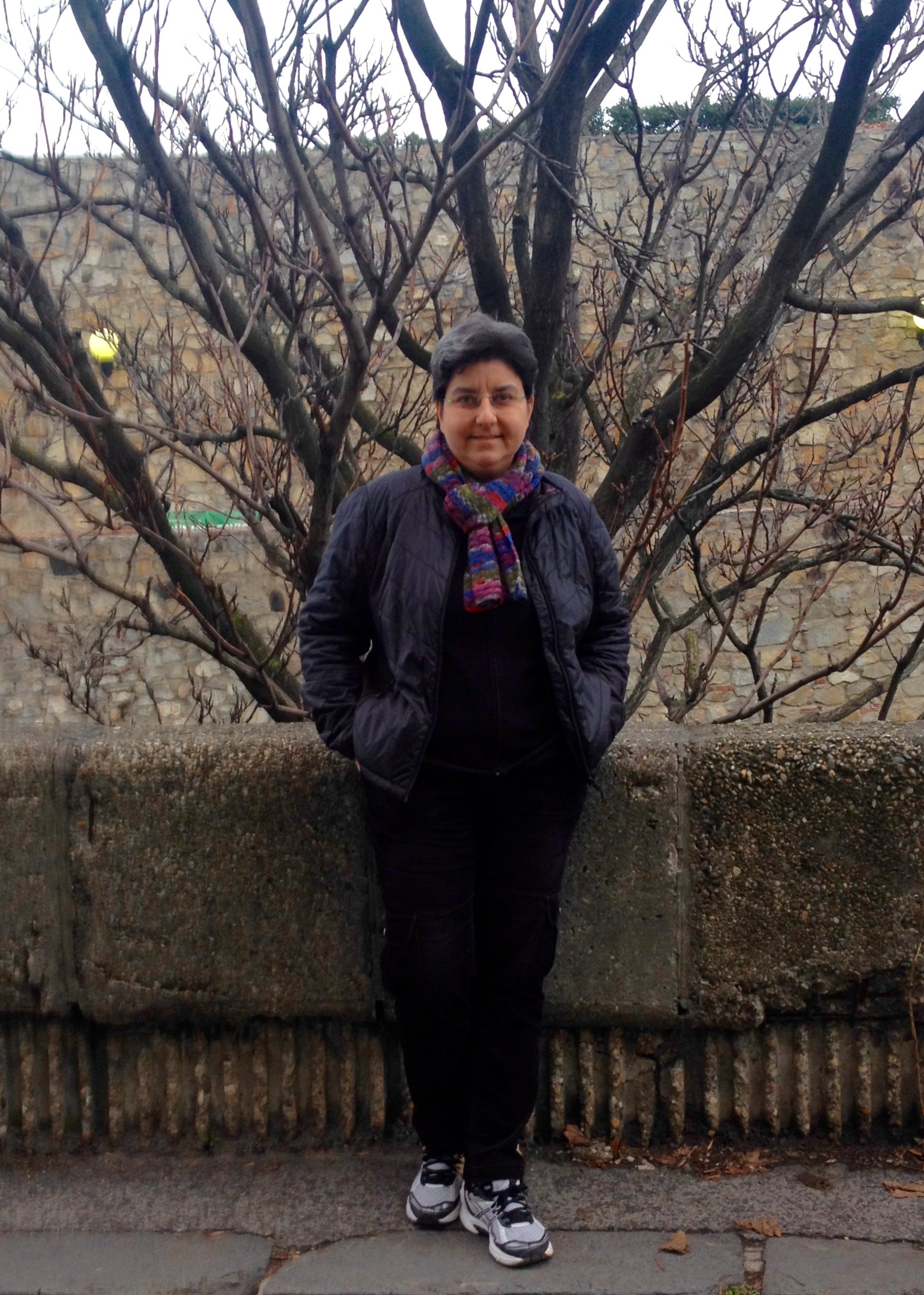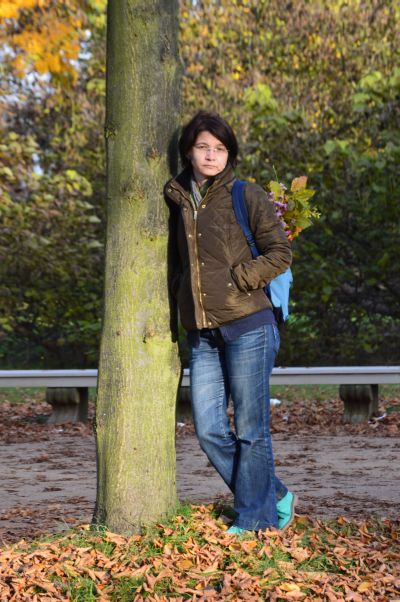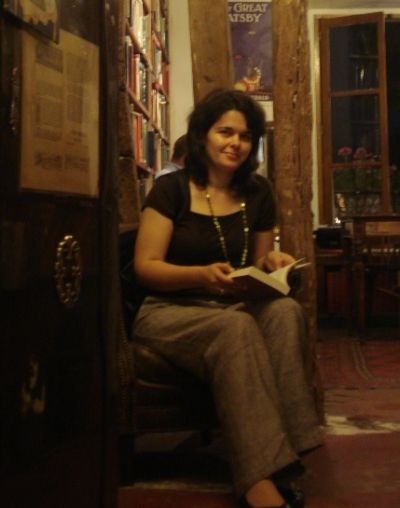
Giulia CALVI
Giulia CALVI (PhD) is Professor of Early Modern History in the Department of Scienze Storiche e dei Beni Culturali at the University of Siena.
From 2004 to 2012 she held the Chair of “Gender History in Europe and the World (XVI-XIX)” in the Department of History and Civilization at the European University
Institute in Florence. She was Kratter Visiting Professor in the Department of History at the University of Stanford in 2013. In 2012 she was appointed to the Chair
of Italian Culture in the Italian Studies Dept. at the University of California (Berkeley). She was visiting professor at the EHESS in Paris and Marseille in 2001 and 2011.
From 2003 to 2007 she was a member of the Advisory Committee of Villa I Tatti. The Harvard Centre for Italian Renaissance Studies (Florence, Italy).
Giulia Calvi’s main publications and research interests are in the field of early modern cultural and social history. She has studied medical practice
in times of epidemics (Histories of a plague year. The social and the imaginary in Baroque Florence, California University Press 1989); family relations (Il contratto morale.
Madri e figli nella Toscana moderna,1994); women’s writings and autobiographies (Barocco al femminile, 1992; La Mujer barroca, 1995); court culture and female courts
(with R. Spinelli (ed), Le Donne Medici nel sistema europeo delle corti, 2008). Her recent production investigates the circulation of images, texts and material culture in and
beyond Europe: Gender and the Body in A. Molho and D. Ramada Curto (eds), Finding Europe, 2007; Global trends: Gender Studies in Europe and the US, “European History Quarterly” 4, 2010;
Across Three Empires: Balkan Costumes in XVI Century Europe, in C. Vintila-Ghitulescu (ed.), From Traditional Attire to Modern Dress: Modes of Identification, Modes of Recognition
in the Balkans (XVIth-XXth Centuries), 2011; Corps et éspaces. Les costumes des Balkans dans l’Europe du XVI siècle “L’Atélier du Centre de Recherche Historique”, revue èlèctronique
du CRH, 11, 2013, http://acrh.revues.org/5291 DOI : 10.4000/acrh.5291; with K. Stornig (ed), Fare famiglie in prospettiva globale, special issue of Genesis XIV/1 (2015).
She is a member of the scientific board of “Histoire, Médécine et Santé” and editor in chief of “Genesis”, a refereed top level academic journal of gender history published in Italy.
For more information see her Curriculum Vitae

Artemis YAGOU
Dr Artemis YAGOU is an Athens-born historian of design and technology, currently based in Munich. Apart from her role as Senior Researcher for the LuxFaSS project, she is Research Associate of the Deutsches Museum
(Munich), working on the project "How they Played: Children and Construction Toys (ca. 1840-1940)“ which is
funded by the German Research Foundation (DFG) (2016-2021). She has lectured and published extensively
internationally. Her book Fragile Innovation: Episodes in Greek Design History (CreateSpace, 2011 in
English/2015 in Greek) explores the modernization of Greece from a design history perspective.
Other representative publications are:
"A dialogue of sources: Greek bourgeois women and material culture in the long 18th century", in: Constanţa Vintilă-Ghiţulescu (ed), Women, Consumption, and the Circulation of Ideas in South-Eastern Europe, XVIIth - XIXth Centuries, Leiden: Brill, 2017 (forthcoming).
Visual communication in the Balkans (Special Issue, Co-edited with Jilly Traganou), The Design Journal, 18:4, 2015.
"Greek design", in: Clive Edwards (ed.), Bloomsbury Encyclopedia of Design, London: Bloomsbury Publishing, 2015, 114-116.
"Modernist complexity on a small scale: The Dandanah glass building blocks of 1920 from an object-based research perspective", Deutsches Museum Preprint, no 6, 2013.
“Is everyday technology serious or fun? Reflections on emotional styles in product design”, ICON, vol. 17, 2011, 40-56.
"Uniforms in design history" (Special Issue, Editor), Journal of Design History, 24:2, June 2011.
“Dress, modernity and evolution in 19th century Greece”, in: Ghitulescu Constanța (ed.) From Traditional Attire to Modern Dress: Modes of Identification, Modes of Recognition in the Balkans, Newcastle: Cambridge Scholars Publishing, 2011, 194-211.
“Narratives of heritage and modernity: National production and consumption in Greek advertising”, in: Oliver Kühschelm, Franz X. Eder and Hannes Siegrist (eds), Konsum und Nation, Bielefeld: transcript Verlag, 2012, 109-134.
“Metamorphoses of formalism: National identity as a recurrent theme in the history of design in Greece”, Journal of Design History, 20.2, 2007 (special issue on south-eastern European design), 145-159.
She is a member of the Editorial Board of The Design Journal, the International Advisory Board of ThRAD, A Design Culture Journal, Book Review Editor of ICON, the journal of ICOHTEC.
For more information see www.yagou.gr

Liviu PILAT
Liviu PILAT (PhD) is Associate Professor at „Alexandru Ioan Cuza” University of Iași, Faculty of History and coordinator of the Centre for the Study of Social Elites and the Ideology of Power.
His research activity is focused on the history of power, defined as a combination between political, social and cultural history, because the social and cultural facts, in the same way as political actions, can be analyzed
as power gestures. His studies followed the legitimization discourse, concepts and representations of power, political rituals, aristocratic sociability and ecclesiological and political theology aspects.
Liviu Pilat considers the luxury in ancient societies as a cultural habitus of power, because the concept of luxury is not restricted to material goods and rather it also involves certain cultural forms developed by the social elite.
The distribution of luxury goods among members of the ruling class defines hierarchy and social segregation and the display of luxury goods manifests power structures, closely bound up with political thought,
where luxury provides a visual index to the social order enshrined in custom and law. The manner in which power structures distribute luxury goods determines the cultivation of specific aesthetic values, with major
implications for the development of arts and with a powerful cultural impact upon entire society.
His major publications include:
Între Roma și Bizanț. Societate și putere în Moldova (secolele XIV-XVI)[ Between Rome and Byzantium. Society and power in Moldavia (14th-16th centuries)], Iași, 2008, 603p.
„Between Ottoman Empire and Latin Christendom: Moldavia as Frontier Society in the Late Midle Ages”, Europe and the „Ottoman World”. Exchanges and Conflicts (16th-17th centuries), ed. G. Karman and Radu G. Păun, Istanbul, The Isis Press, 2013, p. 171-193.
„La métaphore du corps dans les chroniques moldaves au XVIe siècle”, Les corps et ses hypostases en Europe et dans la société roumaine du Moyen Age à l’epoque contemporaine,
coord. Constanța Vintilă-Ghițulescu et Alexandru-Florin Platon, New Europe College, 2010, p. 167-174.
“Societatea și discursul de legitimare al Puterii în Moldova (secolele XIV-XV)” [Society and the discourse of power legitimization in Moldavia (14th-15th centuries)], Revista de Istorie Socială, X-XII, 2005-2007, p. 34-52.
For more information see his Curriculum Vitae

![]()







